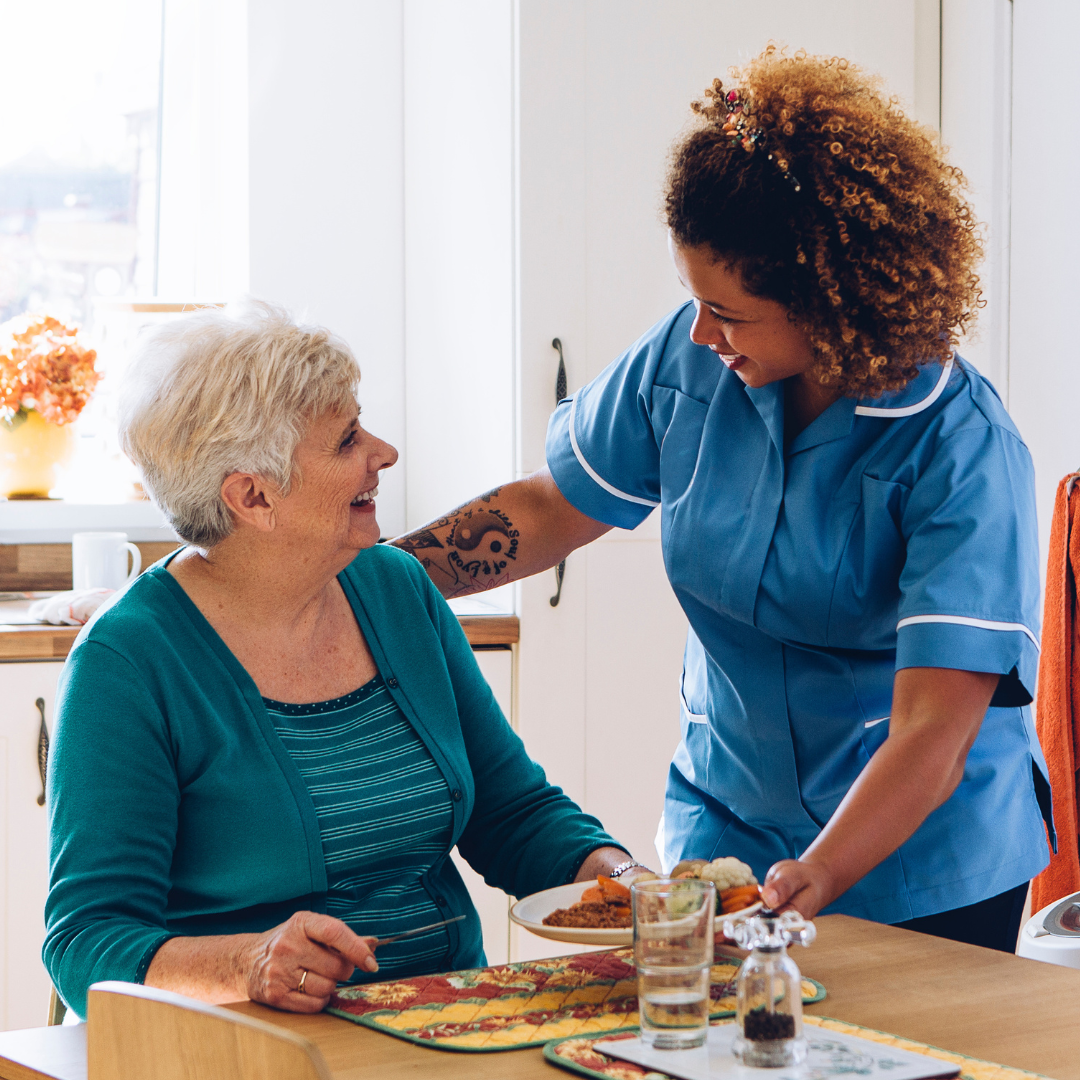19/09/2024 10:20:46
Assisted Living: Key Services and Benefits

What is Assisted Living?
Assisted living is a type of living situation that means people can live independently in their own accommodation, whilst having assistance with tasks and chores that they may struggle to do on their own.
Compared to a care home, assisted living means that a person can maintain their independence and feel comfortable in a living space that they are familiar with on a longer-term basis.
There are many different types of assisted living accommodations, including self-contained homes, one-to-two-bedroom flats, bungalows and even retirement villages.
How Do Health and Social Care Professionals Support Assisted Living Residents
Despite living in their own accommodation, a resident may still need a little extra help and support. Health and social care professionals are on-hand to help with several tasks, including:
- Personal care - such as washing and dressing.
- Shopping - it may be difficult for residents to get in and out of vehicles.
- Cleaning and other household chores - including laundry.
- Medication management - ensuring residents are taking the right dosages at the right time.
- Mobility - residents may need help going to the bathroom or moving from room to room.
What are the Pros and Cons of Assisted Living?
There are multiple reasons why someone would want, or need to move into assisted living, we explore the pros and cons below:
Pros
- Reassurance for emergencies - there’s always someone on hand to help if needed.
- Their own living space - residents can enjoy furnishing their own living space, reimbursing a feeling of comfort and safety.
- Plenty of opportunities to socialise – as other residents are nearby.
- Meals can be provided in certain situations – an alternative if residents don’t want to cook.
Cons
- Assisted living can be expensive - monthly service charges and fees need to be considered.
- Care schedules - some residents may see the schedules as an annoyance.
- Visiting Hours - visitation hours may be trickier due to strict hours set by some residencies.
Which healthcare professionals are required?
These include:
- registered nurses, who monitor the health of the residents as well as evaluating their care plan to ensure their treatment is suitable
- senior care workers manage a team of care workers, who monitor residents’ health and wellbeing, as well as providing emotional support and medication administration
- occupational therapists help residents maintain their abilities to perform daily activities, including mobility and personal care
- dietitians can be on hand to help support nutritional needs and encourage residents to make healthy dietary decisions.
So, How Can Blue Stream Academy Help?
With courses on Safeguarding Adults, Medicine Management, Being Open and Working in a Person-centred Way, we can help support care staff in being up to date with their training to ensure the best care is being offered.
Care Certificate
You can enrol your team on to the Care Certificate training course for just £49 + VAT. Upon completion, they’ll receive a nationally recognised certificate. The Care Certificate is formed of 15 minimum standards that form part of the induction process for new carers.
Learn more about Blue Stream Academy
We provide a complete eLearning and management platform, suitable for any health and social care organisation, no matter how big or small.
Click here to find out more about Blue Stream Academy’s eLearning and Management platform. For any questions, you can email us at info@bluestreamacademy.com or speak with a member of our customer care team on 01773 822549.